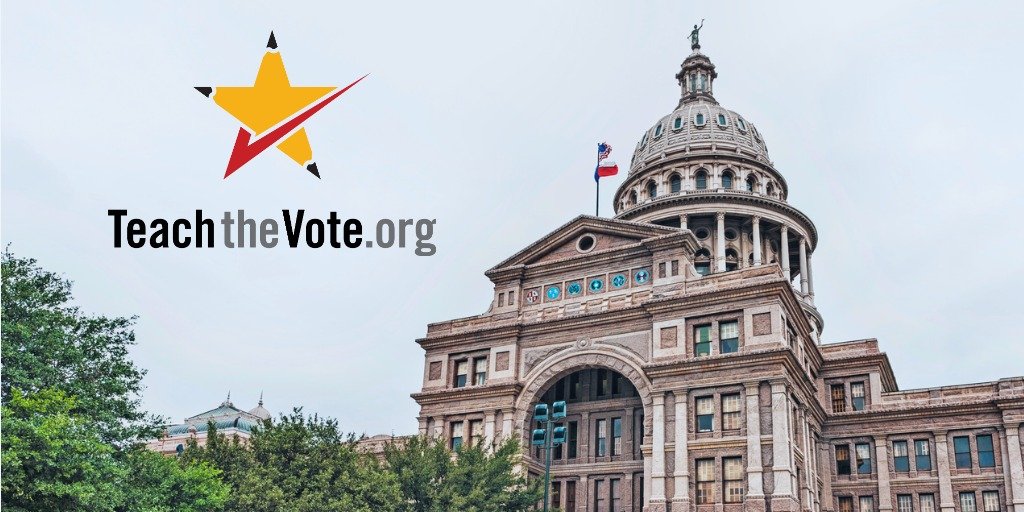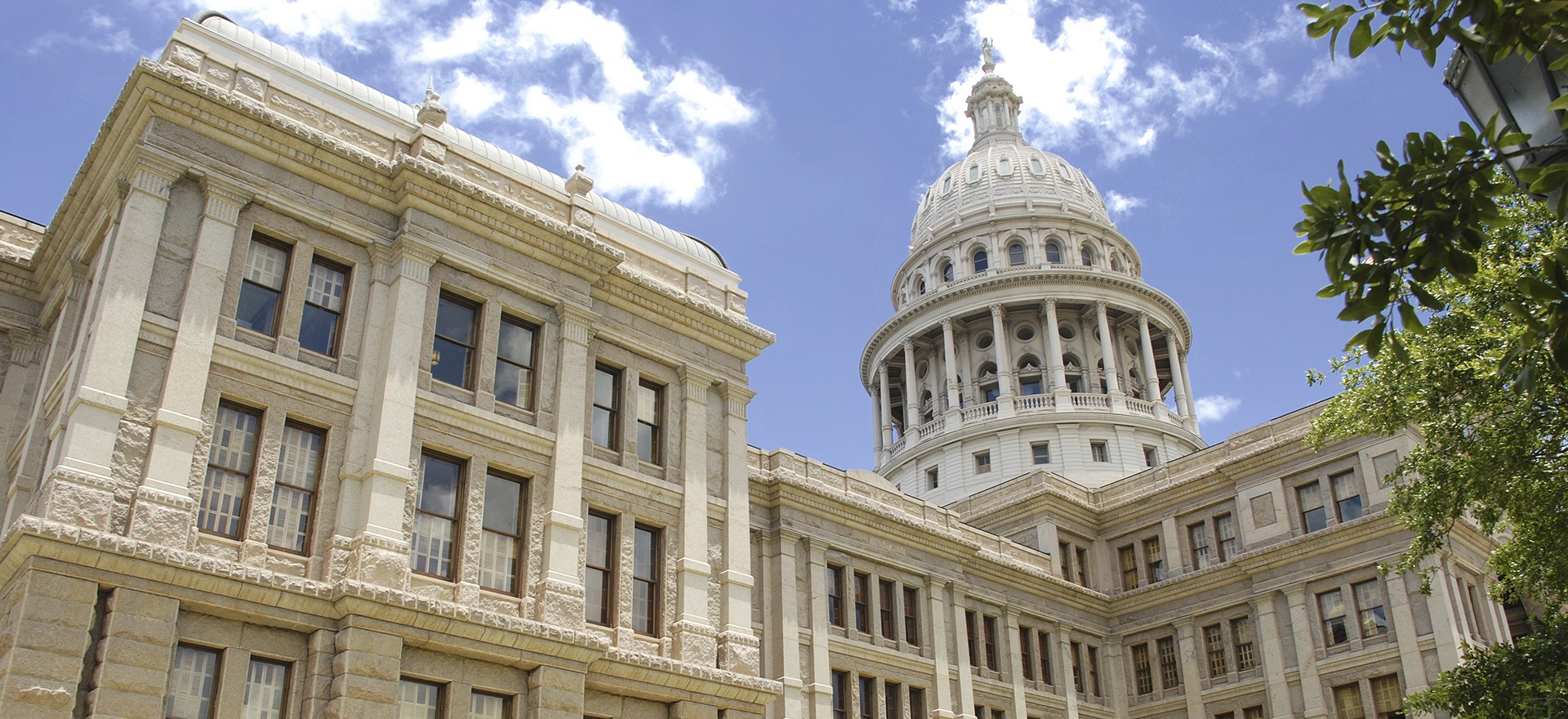Are "microgrants" a new name for DeVos' same old voucher proposal?

Congress | Federal COVID-19 Privatization | Vouchers
Date Posted: 4/01/2020
U.S. Secretary of Education Betsy DeVos is asking Congress to fund "microgrants" to provide money for online learning during the coronavirus outbreak. Appearing with President Donald Trump on March 27, 2020, during a White House briefing by the national coronavirus task force, DeVos said, "I’ve always believed education funding should be tied to students, not systems, and that necessity has never been more evident." Microgrants, as envisioned by Devos, would provide funding directly to students in a manner akin to numerous voucher proposals in the past.
Here on our Teach the Vote blog, ATPE has written about efforts by U.S. Sen. Ted Cruz (R-Texas), with high-profile support from DeVos, to pass legislation that would fund a federal voucher program. Thus far, the federal voucher proposal has gained little traction in Congress. But the recent changes to learning environments compelled by the COVID-19 crisis appear to have given Secretary DeVos a new angle to pursue funding streams for private individuals and families as an alternative to providing federal dollars directly to public schools. As reported by Education Week, DeVos announced her desires for the microgrant program last week using the same talking points she has used to argue in favor of a tax credit scholarship voucher program. The microgrant program would purportedly focus on students eligible for the Supplemental Nutrition Assistance Program (SNAP) and those with an individualized education program (IEP). According to a Department of Education spokesperson cited by the article:
"The grants could be used to fund materials needed for home-based learning, like computers or software, internet access, or instructional materials. They could also support educational services like therapies for students with disabilities, tuition and fees for a public or private online learning course or program, and educational services provided by a private or public school, or tutoring, spokesperson Angela Morabito said in an email."
The federal government is asking schools to continue to educate students while they are at home as a result of school closures or stay-at-home orders related to COVID-19. The Texas Education Agency (TEA) has made relief funding for school districts contingent upon their promise to continue instruction and provide distance learning.
Many voucher programs have attempted to provide funding for online learning as an alternative to classroom settings with the intent of diverting students and funding away from the traditional public education system. The $5 billion voucher program DeVos has been promoting in Congress since long before the coronavirus outbreak overlaps with parts of her new microgrant proposal. According to Chalkbeat:
"The idea — especially the grants for students that could pay tuition — is a glimpse at how DeVos will use the upheaval to advance her ideas about education. A proponent of private-school vouchers and school choice, DeVos has long downplayed the role of the federal government and scoffed at those who see school buildings or school districts as education’s key organizing principle."
So far, the Democratically controlled U.S. House of Representatives has served as a firewall against DeVos's and the Trump administration's voucher proposals. The microgrant program would need funding with the approval of Congress to move forward. With assistance from our Washington-based lobby team, ATPE has been and will continue to be communicating with the Texas congressional delegation about the need to maximize funding for public schools during this crisis without diluting those funds through an opportunistic voucher program with a catchy new name.

As a founding member of the Coalition for Public Schools, ATPE has long opposed vouchers and the privatization of public education. Due to the current crisis, many Americans across the nation are experiencing a renewed understanding of, and appreciation for, the importance of public schools and public school educators. Now is the time to bolster the nation's system of public schools and the teachers who work in them, rather than finding ways to divert funding and dismantle our community schools.
4/30/20 UPDATE:
During her White House press conference appearance on March 27, Secretary of Education Betsy DeVos stated, "We will propose Congress provide microgrants to help students continue to learn." This statement was interpreted as an indication that DeVos believed funding for the microgrant program was not yet approved by Congress and available under existing law. Despite initially signaling that she would seek congressional action to provide for future funding of microgrants, Secretary DeVos has since announced that she intends to use existing funding provided by the CARES Act, which had already been passed at the time of the statement above, to fund at least a limited version of the microgrant voucher program. Whether or not the secretary actually has the authority to use CARES Act funding for this purpose is a developing story. Stay tuned to our Teach the Vote blog for updates.
CONVERSATION
RECOMMENDED FOR YOU

Congress | Federal, COVID-19, Curriculum | Instruction, Educator Compensation | Benefits, Educator Preparation | Certification, Elections, School Finance, School Safety, Testing | Accountability, Texas Legislature
08/04/2023
Teach the Vote’s Week in Review: Aug. 4, 2023
ATPE weighs in on current political climate for education in Houston Chronicle story—plus, a look at federal ed prep and special education developments.

07/09/2025
Gov. Greg Abbott makes it official: Special session to begin July 21
The governor released the official proclamation Wednesday to bring the 89th Texas Legislature back to Austin for a special session.

07/03/2025
Teach the Vote’s Week in Review: July 3, 2025
A federal funding freeze threatens Texas schools and summer learning, and the U.S. House approves Trump’s “big, beautiful bill.”


